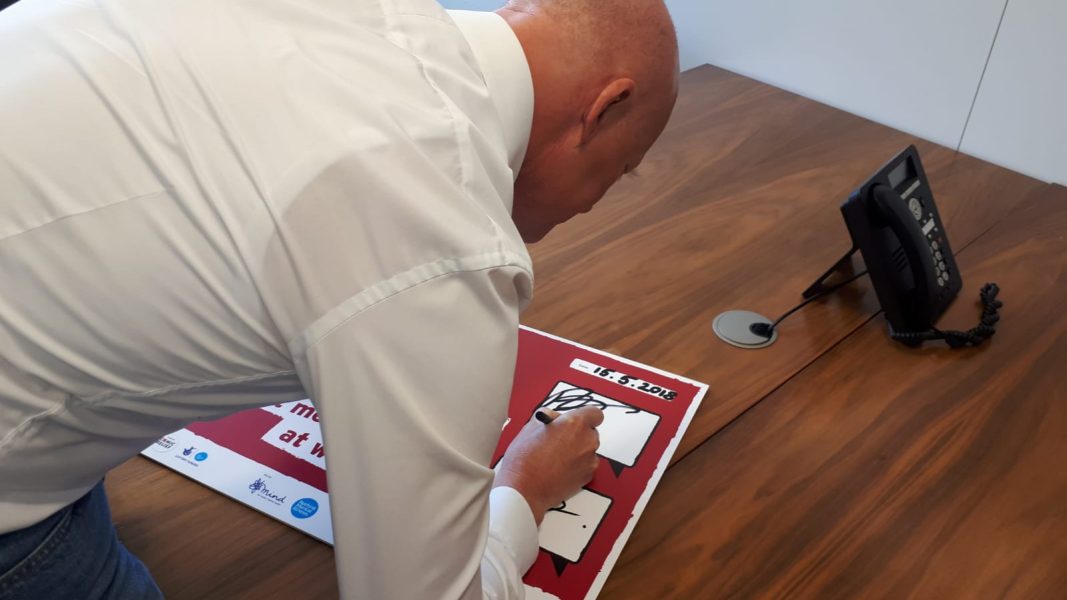I was struck by two separate but connected facts last week.
The first fact was the shocking statistic that well over a third of young people who are homeless are also struggling with a mental health problem. Homeless Link’s excellent Young & Homeless 2018 report – jointly funded by LandAid and Comic Relief – highlighted the prevalence of mental health problems among an already very vulnerable group of young people.
Perhaps it should come as no surprise? Often rejected by families or the care system; ill equipped to cope on their own; struggling to make ends meet; confronted by a benefits bureaucracy that is impenetrable even to experts; and worried about the next night’s accommodation… small wonder that those young people surveyed by Homeless Link reported high levels of depression, anxiety and stress.
And there are fewer places than ever to turn to. Cuts have bitten hard into mental health services for children and young people, and reports are everywhere raising concerns about the pressures on a system struggling to cope.
The second fact brought the theoretical closer to home. Someone I love dearly took the brave step to reach out and ask for help over their own mental health. With the means to pay for private counselling, and support from loved ones, they were able to begin to examine anxieties and behaviours that they recognised were threatening to crush them.
We spoke after their first session and I heard a confusion of pain and relief at the other end of the phone – an uncertainty about where this process would lead, and what it might reveal…but a peace too that something was happening. A process had begun. That there was hope.
Coinciding with the 2018 Mental Health Awareness Week, I was chastened by both facts.
As a funder of outstanding accommodation and services for young people facing homelessness right across the country, are we doing enough to promote or celebrate good mental health work for those our charity partners serve?
And as someone who loves another who was suffering, had I done enough, soon enough, to help?
And, of course, I was struck by the relative differences in fortune between the thousands of young people who are part of a grotesque and unimaginable statistic, and the one person I know well, and love.
We talk more about mental health now. We talk more about mental health problems too. As employers, we look to the ways in which we can acknowledge mental health and illness in the workplace and address the pressures that work can put on us all. And, as an employer, I’m delighted to announce that at LandAid we are now proud signatories to Mind’s Time To Change Pledge (www.time-to-change.org.uk), and determined to play our part with over 700 other organisations around the country.
This is all good.
But nothing takes away from the fact that too few people have access to the support they need to deal with their mental health problems. Nor from the fact that too many people lack the means to pay for the support they need, when they need it.
For decent mental health, we need more mental wealth – we need more investment in vital services as well as the fantastic grass-roots and organisation-driven initiatives many of us are promoting to help ourselves and those around us.
Just shy of the 50th anniversary of the founding of the extraordinary National Health Services, we need to put mental health on an equal footing with physical health. There are some positive signs, but while so many around us are suffering, we cannot be complacent.

